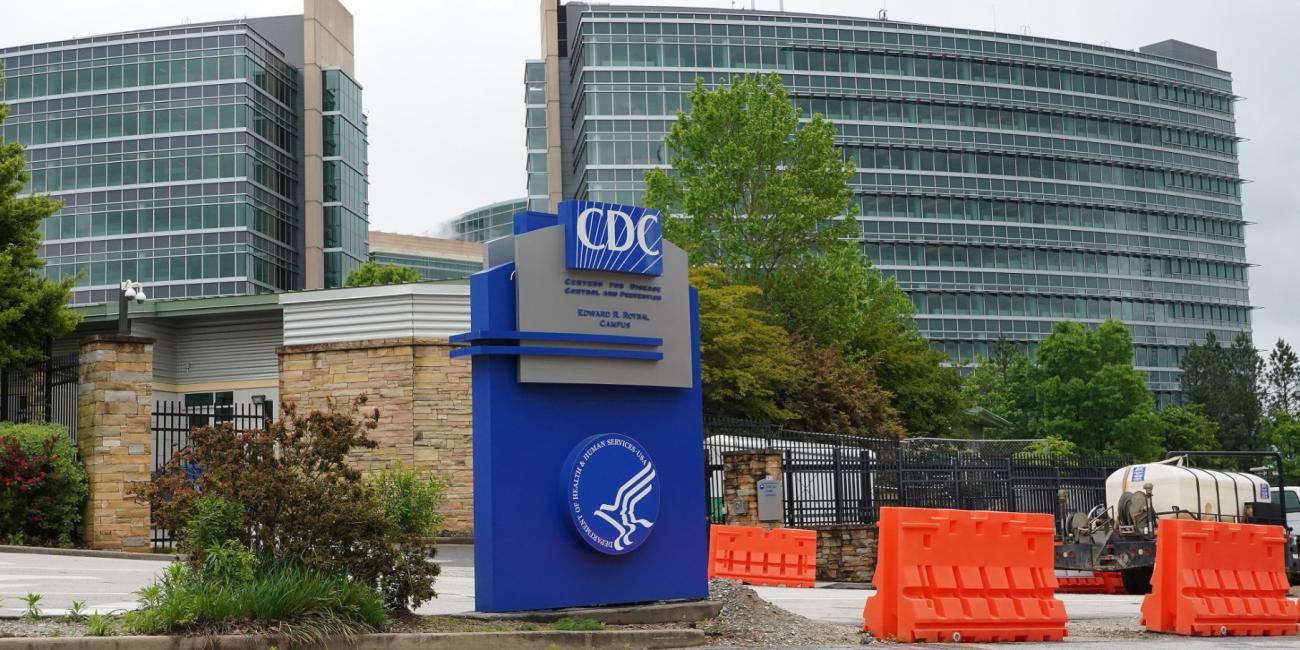
Lipid nanoparticles in mRNA vaccines are not harmful to human bodies: experts
- This article is more than three years old.
- Published on December 16, 2022 at 01:59
- 3 min read
- By AFP Hong Kong
"Injecting lipid nanoparticle-based mRNA vaccines is asking for irreparable trouble!" reads a Chinese language Twitter post alongside a video shared on September 26. It has been viewed more than 3,800 times.
The misleading tweet features a 41-second video interview with US-based ophthalmologist Richard Urso who, according to an AFP report, has previously spread misinformation about Covid-19.
He claims in the video: "This platform, this lipid nanoparticle mRNA platform, I don't care what you attach to it. It is always going to travel everywhere. It is always going to be a problem.
"That's why you see the distribution of disorders coming from this after the vaccines affect so many different organ systems. Because it distributes everywhere."
Lipid nanoparticles (LNPs) are tiny bubbles of fat that ferry the mRNA in vaccines into the body's cells and shield the mRNA from destructive enzymes.
Unlike traditional vaccines that use weakened or dead forms of the virus to trigger an immune response, mRNA jabs deliver instructions to cells to build a harmless piece of the spike protein found on the surface of the Covid-19 virus.
After creating this spike protein, cells can recognise and fight the real virus.
To date, two widely-used mRNA vaccines for Covid-19 are manufactured by Pfizer-BioNTech and Moderna.

The video bears the watermark of the website The Epoch Times, which earlier published the interview here and here.
The Epoch Times also has a history of publishing vaccine misinformation, AFP reported here, here and here.
The same video was also shared here and here on Twitter, here and here on Facebook, here on YouTube and here on US social media site Gettr.
Responding to the posts, Nigel McMillan, a professor of infectious diseases at Griffith University, told AFP on December 1: "After several billion mRNA vaccine doses, the data is fairly clear it's safe."
Global vaccination campaigns
Side effects after Covid-19 vaccination are strictly monitored globally.
Safety monitoring reports from countries that use Pfizer-BioNTech and Moderna -- alongside other Covid-19 jabs -- have consistently found side effects have been generally mild.
"Covid-19 vaccines are safe and effective and severe reactions after vaccination are rare," the US Centers for Disease Control and Prevention states in a December 12 report here.
"Millions of people in the United States have received Covid-19 vaccines under the most intense safety monitoring program in US history."
The European Medicines Agency, which covers all 27 member states of the European Union, has similarly reported here on December 8: "Around 950 million doses of vaccines have been given to people in the EU and European Economic Area EEA, as of mid-November 2022."
"The vast majority of known side effects of Covid-19 vaccines are mild and short-lived," it added. "Serious safety problems are extremely rare."
Vaccine safety reports from the UK, Australia and Canada indicate similar findings.
Side effects
Common side effects after vaccination include pain at the injection site, fatigue, and head and muscle aches, according to multiple health authorities worldwide.
Cases of myocarditis and pericarditis -- inflammation of the heart muscle -- are also being monitored after mRNA vaccination.
But McMillan said these cases have been recorded after vaccination with AstraZeneca and Novavax -- which use spike proteins but not mRNA technology.
He said these reported side effects "relate to cross reactivity with (the spike protein) rather than anything mRNA specific".
"For most cases of myocarditis and pericarditis following vaccination with an mRNA Covid-19 vaccine, patients who presented for medical care have responded well to medications and rest and had prompt improvement of symptoms," the US Centers for Disease Control and Prevention (CDC) stated here.
Lipid nanoparticles
Paul Offit, a member of the US FDA's vaccines advisory committee, separately told AFP on December 1 that while LNPs are distributed throughout the body, they "are quickly broken down".
Citing his own research, McMillan told AFP that LNPs distribute to various organs if injected intravenously into the bloodstream, however, this is not the case with vaccines because they are administered into the muscle.
"Vaccines are not given intravenously but in the muscle," he said.
Copyright © AFP 2017-2026. Any commercial use of this content requires a subscription. Click here to find out more.
Is there content that you would like AFP to fact-check? Get in touch.
Contact us




